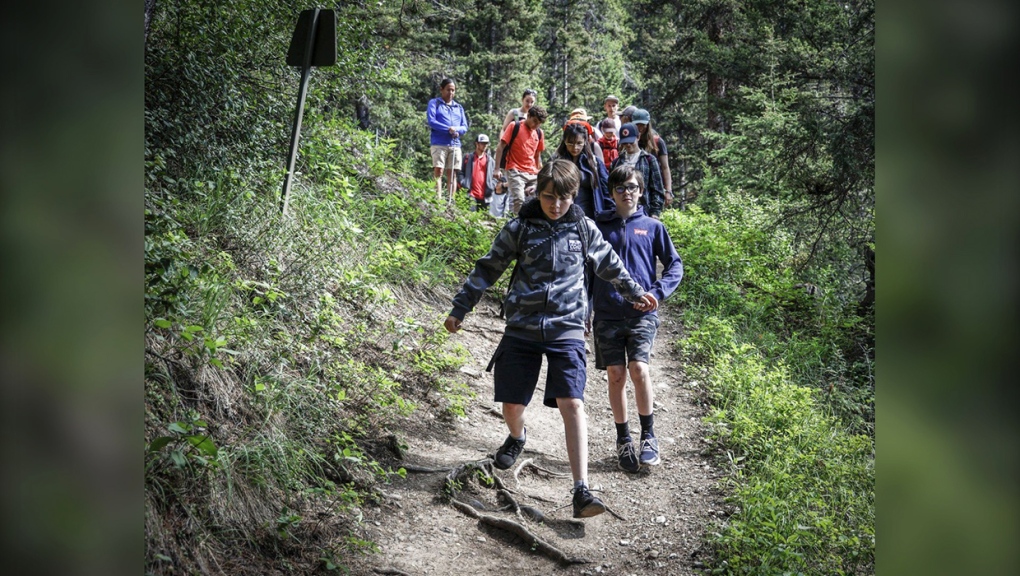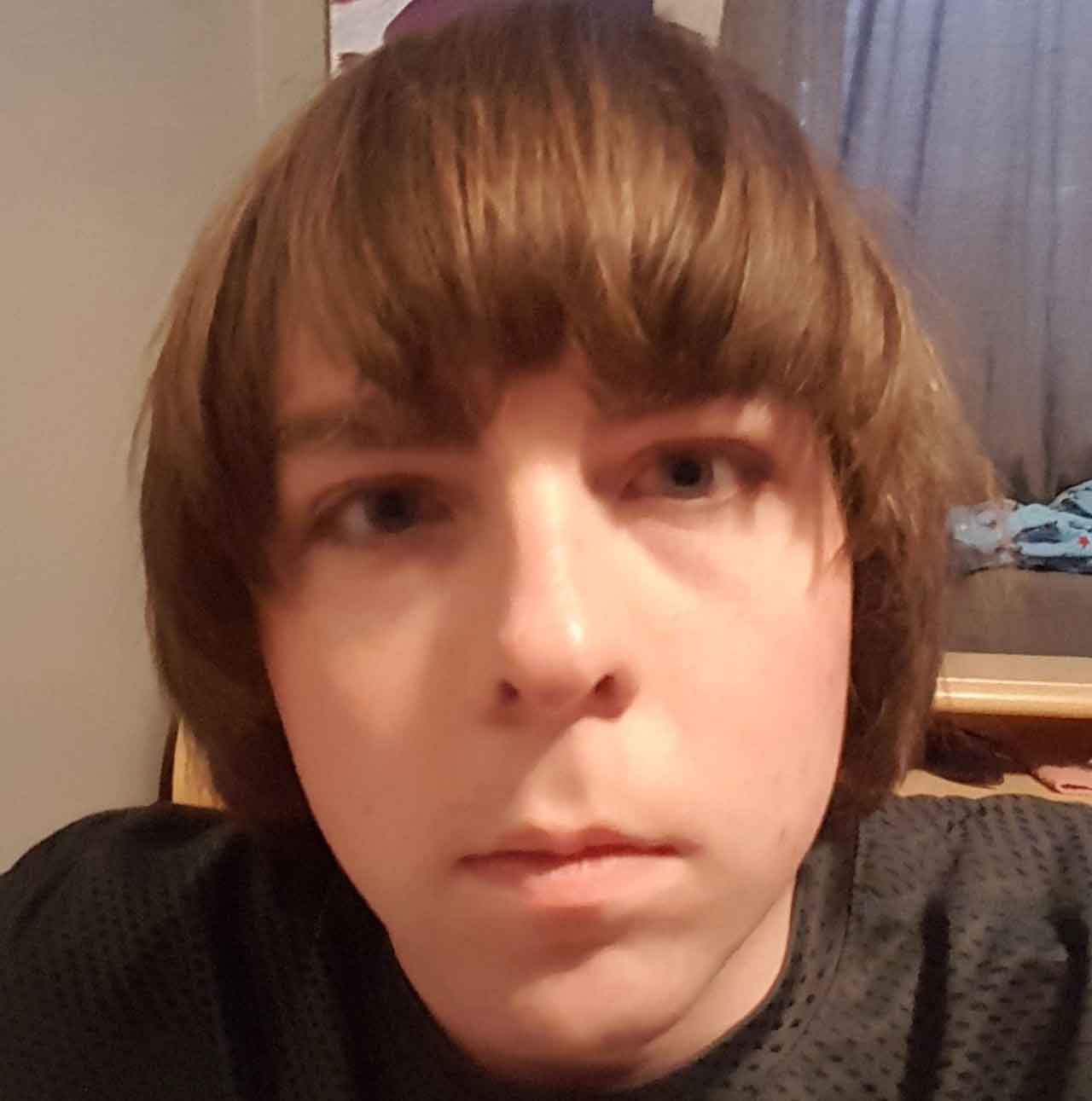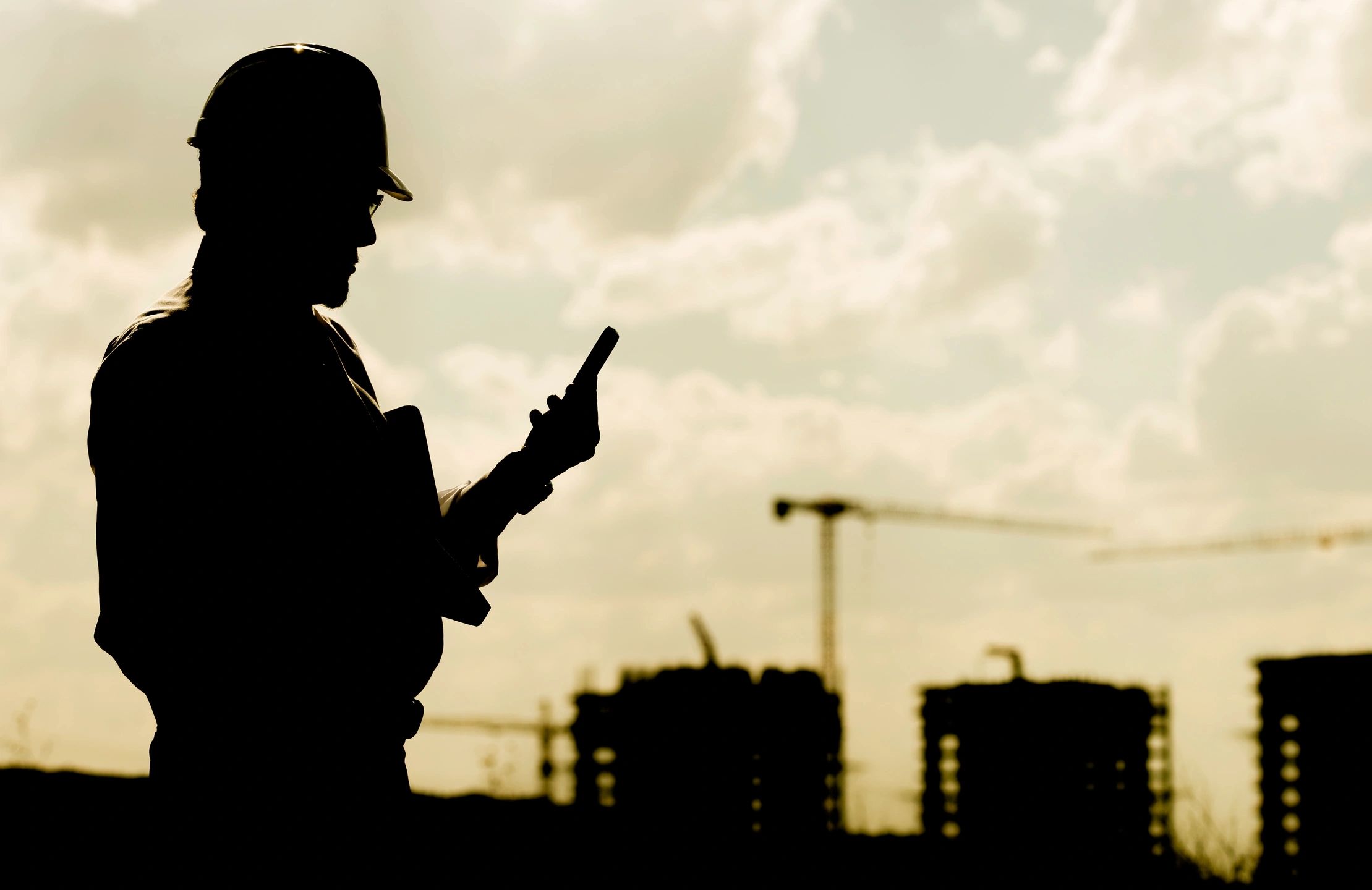Cole Flanagan claims that he’s unable to cease discussing his encounter in the Canadian Rockies from earlier this summer — and it encompassed more than just embarking on mountainous escapades. The experience also entailed gaining insights into topics such as climate change, mental health, and reconciliation.
Flanagan took part in Howl, an initiative designed for individuals aged 17 to 30, offering them a chance to receive teachings from Indigenous knowledge keepers, scientists, and wellness specialists. This program provides options ranging from weeklong camps to three-month semesters in locations like the Rockies, Maritimes, and Yukon.
One of the difficult moments, he said, was a visit to a former residential school in Alberta, where survivors shared their stories and talked about intergenerational trauma.
“Being there made it so much different.”
Adam Robb, the creator and co-director, conceived this program amidst the COVID-19 pandemic following his 15-year career as a high school teacher in Calgary.
“I was doing online teaching from home and watching youth at home, trying to connect with them and help them through a pretty isolating time,”
“I had been stewing on this question of what happens to youth after they leave the doors of high school for a long time. It’s a big question that we don’t think about in enough detail.” He says.
According to him, in Canada, it’s common for high school students to either attend college or university, embark on travel adventures, or remain at home to save funds.
Based on a report by Statistics Canada in May 2022, around 12.5 percent of individuals who eventually enrolled in post-secondary institutions opted for a gap year.
Robb observed an increasing demand for young people to acquire real-life experiences prior to making significant decisions regarding their future.
He mentioned that Howl provides them with the opportunity to gain hands-on experience in initiating change and contributing to the enhancement of their community.
“Never before like the last four or five years as a teacher have I had so many students come up to me worried about things like climate change, worried about big societal things … like Black Lives Matter and Truth and Reconciliation,” he said. “They just feel this immense anxiety over the state of things.”
“Where is your typical non-Indigenous youth going to learn to develop relationships with Indigenous people?” said Robb. “Youth want … answers on how to move forward with this in real ways, but they don’t have the opportunities.”
Daryl Kootenay, co-director of Howl and an Indigenous leader from the Stoney Nakoda First Nation, mentioned that he joined the initiative due to its alignment with his community-related efforts.
Kootenay emphasized that the program offers a chance to connect with a broader spectrum of young individuals, including those within Indigenous communities, by establishing a secure environment for learning that incorporates both traditional and Western wisdom.
Also serving as a faculty member in Indigenous leadership at the Banff Centre, Kootenay highlighted the scarcity of programs aimed at youth in the realm of reconciliation, despite the presence of such offerings for adults.
He remarked that Howl adheres to certain calls to action by means of education and fostering awareness among the youth, a demographic that stands to benefit greatly from it.
Kootenay also emphasized that reconciliation and addressing trauma pose intricate challenges for Indigenous young people.
“Family members are not even ready to share their experience with their own family,” he said. “By creating this program where we take you to see a residential school — to hear from residential school survivors who are ready to share their story — deepens their knowledge.”


